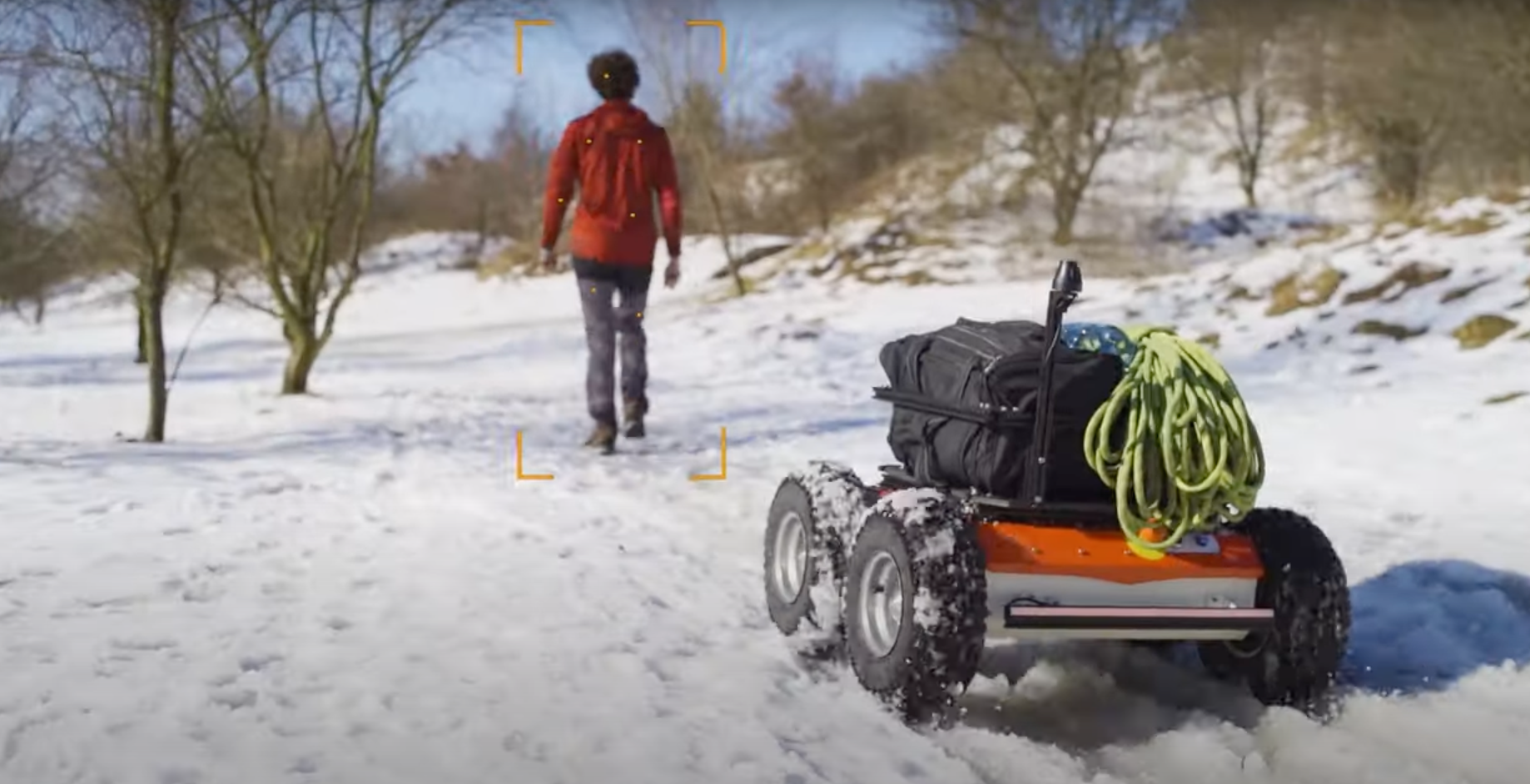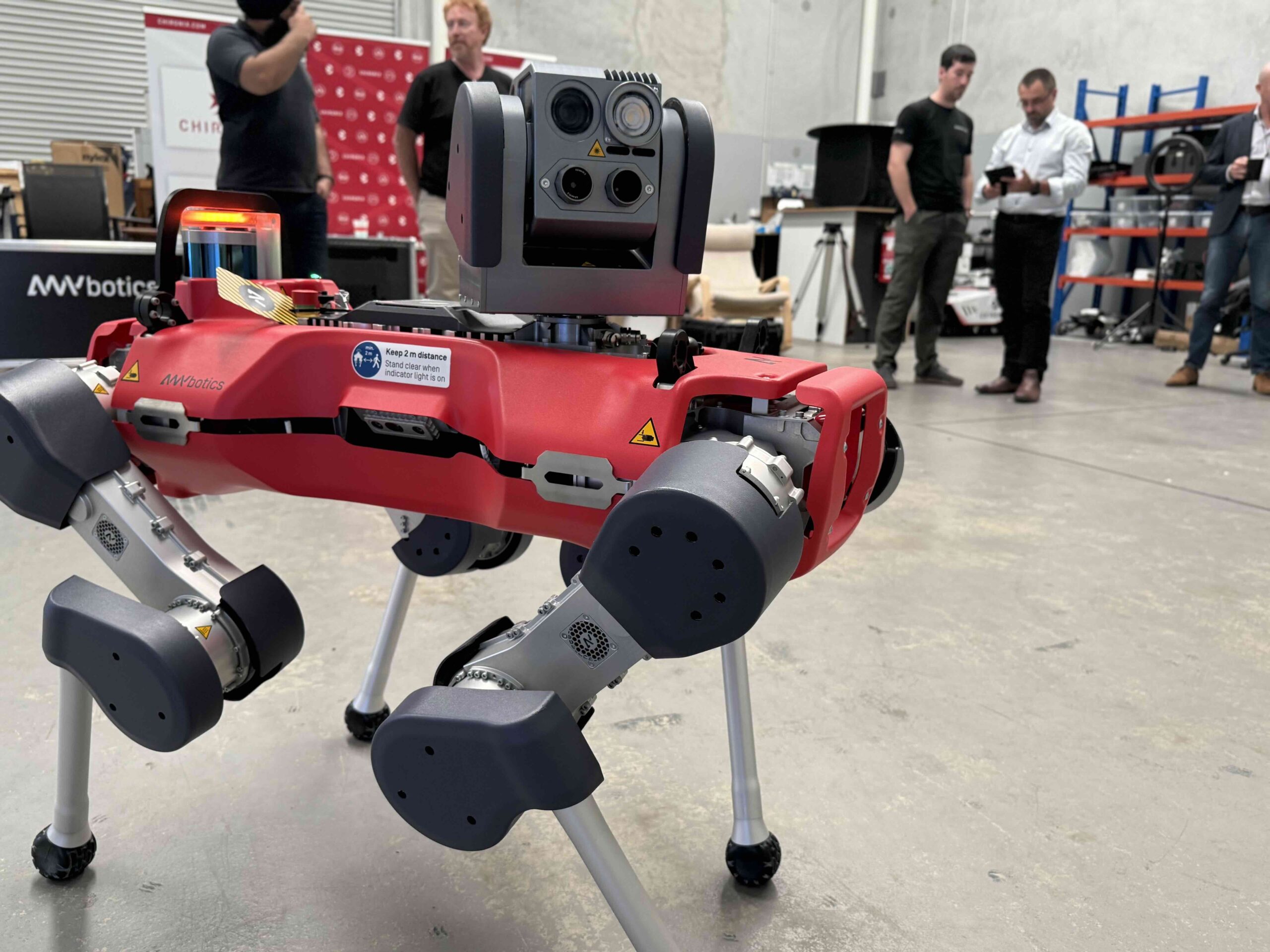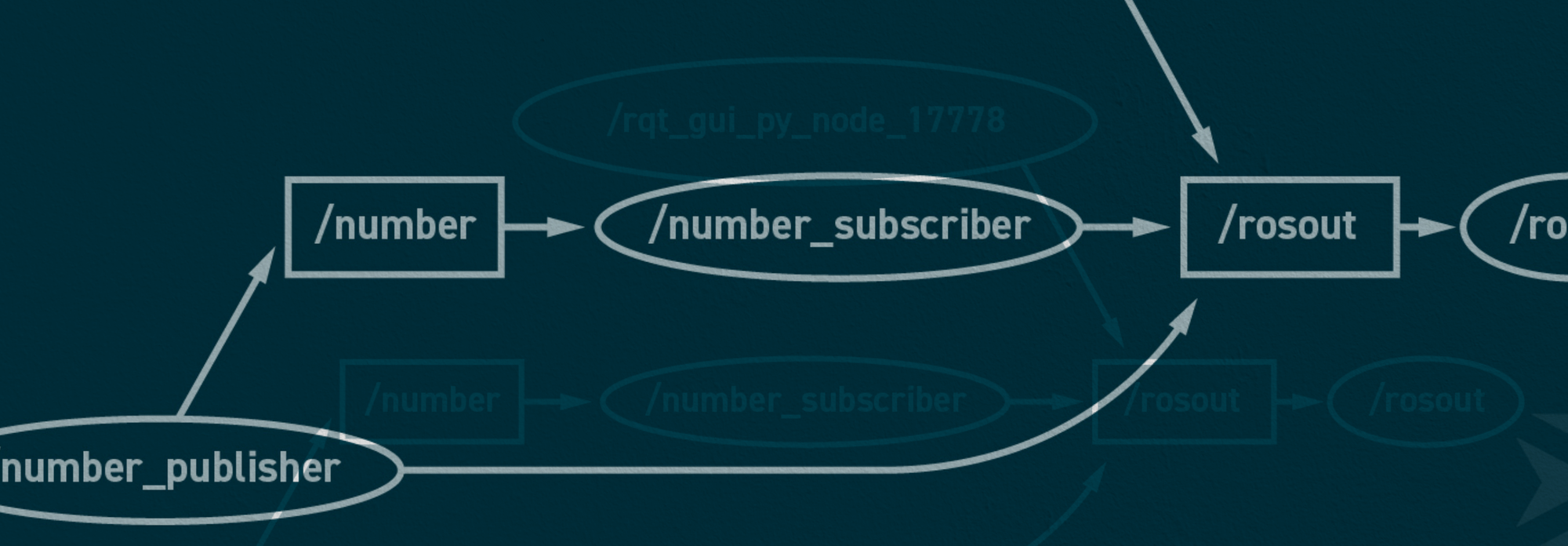Robotics combines computer science, electrical engineering, and mechanical engineering. It’s a multi-disciplinary area with extensive applications. No matter what your learning goal is, a background in robotics can help open doors for you in multiple fields.
Robotics is a growing field. With Industry 4.0 in full force, the employment potential for robotics is vast, with the job market growing by over 6% in the next 4 years, with an average salary pegged at over $100K. Robotics engineering is also considered one of the happiest careers, based on salary considerations, impact creation, and skills utilization.
This statistic makes one thing clear: if you are looking to learn about a new field, that field should be robotics.
The future of robotics indicates that organizations and businesses will rely more and more on those familiar with the field, thus making it a lucrative industry to jump into.
Consider the following questions:
- What’s your learning goal? Do you just want to build something cool, like a robot that senses colors? Or do you want to explore the applications of robotics in STEM fields, mining, education, and other spheres?
- What’s your preferred method of study? (There are resources for every method out there, you just need to know what works for you).
- Are you in high school or college, or someone looking to transition to robotics after working in a different field?
The answers to these questions will help you determine how you want to approach education resources related to robotics.
Robotics Education Resources for Beginners
Learning robotics, even if you are not sure if you intend to get into that field, can have a lot of benefits.
Robotics will find an application in almost every field, and the demand for skills that go into robotics, such as programming, is high.
Many soft skills are immediately realizable when you work with robots. For instance, consider that you are building robots to transport material to a mining site. This requires not just mechanical knowledge related to the various components of the robot. Planning, critical thinking, lateral creativity, and forethought come into play. These skills are not just crucial for robotics (and are therefore covered in most robotics courses) but also in any real-life situation.
Whether you are looking for robotics resources to learn technical skills, sharpen your soft skills (or both), take a look at the following resources to dip your toes into the world of robotics:
Mobile Apps for Learning Robotics
Parents who want their kids to get into the habit of toying around with robots should check these out:
The Robot Factory by Tinybop
This app targets kids (Ages 5 to 10) who want to experiment with building robots from scratch. They will discover the hundreds of parts that go into making a robot. The goal is to introduce how robots work and trigger curiosity in the field. As kids create robots for different virtual environments, they can learn which robot parts are conducive to a particular environment or terrain. These basic logic-building skills are relevant even when building a real-life robot for a live project.
Such robot-building apps also help kids brainstorm the engineering design that goes into building robots. Experimenting with the efficacy of the robots across different obstacle courses will help kids understand the impact of their creations.
Blockly for Dash & Dot Robots
This is another popular app for kids that parents should consider if they want to spark interest in robotics among their little ones. This app focuses on imparting skills relevant to the coding side of robotics. It teaches commands, coding terminology, and other fundamentals and tests knowledge using puzzles and quizzes.
Students will be able to see how their code works, and they can program robots as per what they have learned. The app includes sensors and hardware options for the kids to play around with. It combines the novelty of adorable robots with specific programming knowledge.
This app requires some parental/teacher assistance, especially when the kids hit roadblocks in their code and may want to abandon ship. Since the app has internal purchases, give this a try only when your kids have shown some prior interest in the subject.
Robotics Courses by Universities
If you are older and want something a little advanced, you can opt for online courses. Go for courses that cover the basics of programming and explore robotics in a nuanced manner. You can access university-level resources that will introduce you to the fundamentals of robotics. A few examples are:
Introduction to Robotics by Stanford University
This course covers the basics of modelling, planning, and controlling robot systems. It covers programming and design, robotics foundations, and other critical concepts over sixteen lecture videos, each spanning about an hour. You will get an overview of the history of robotics and gradually transition to how to make controls for your robot.
Begin Robotics
This course is offered by the University of Reading in the UK. It’s a free course that spans over a month and teaches students about the history of robots. It goes into painstaking detail about how a robot functions in an environment using motors and sensors and how automation occurs. Once the students are familiar with how robots work, they get the chance to build robots within virtual environments.
This course has no age specifications. Those in high school and adults with absolutely no knowledge of robotics can benefit from it.
MIT OpenCourseWare
MIT has uploaded lectures on robotics for free on their website. These courses are from previous classes taken at the university and will require some background in engineering, computer science, and AI.
Their undergraduate Introduction to Robotics course offered by Harry Asada and John Leonard may be a good starting point.
Robotics Videos and Tutorials
Not every student will want to learn through classroom lecture recordings and course readings. In fact, not every student needs to jump into hardcore robotics content to ignite an interest in the subject. Robotics is multidisciplinary, so if you want to explore the vast depths of the field without limiting yourself to pure robotics content, you can check out case studies like:
- How to outfit an electronics lab on a budget through the EEV channel
- Turning broken appliances into useful machines is an initiative by The Post Apocalyptic Inventor, a channel by German hackers.
- Building PC hardware, Linux and other operating systems, and single-board computers
Our favourite? FastAI is a free resource with extensive machine learning and data analytics courses. Why are we including this in a robotics article? The behind-the-scenes of robotics traverses across multiple fields, and this resource covers some of them. You will find courses that are building blocks for a detailed understanding of robots.
If you prefer a more visual form of learning, consider the following video resources and channels:
Khan Academy
This popular platform has a series of tutorial videos that will help you build your first robot. It focuses on electrical engineering concepts and the various instruments and parts you need to create prototypes, motor controls, etc.
Builderdude35
This channel is not a structured set of tutorials. Instead, it has mini videos that will introduce you to various robotic toolkits and how to go about putting them together. It’s a fun resource to watch when trying to understand the extent to which you can use a robotics toolkit. It’s similar to watching streamers play a videogame since the creator shares what they are doing and how and provides comments.
If Builderdude35’s content random content style interests you, feel free to try similar channels, such as:
- Sebastian Lague’s channel, which covers coding and how to make games
- Marco Rep’s videos on lasers and PCBs (Bonus: he also has an excellent music playlist)
- Michael Reeves’ videos on surgery robots, robot dogs, laser babies, and other cool activities
- The ‘Stuff Made Here’ channel, with its unique experiments with wall painting robots, automatic pool sticks, and much more
- James Bruton’s robot dog series
Arduino Projects & Robotics Tutorial
This 25-video tutorial will teach you the intricacies of various robot parts, such as sensors. You will learn how to make robots using Arduino, an open-source hardware. With step-by-step instructions on how to build robots of various kinds, such as wireless cars, voice control vehicles, rocket launcher prototypes, and more, you will have a fun set of project ideas to put all your knowledge into execution.
Robotics Books
If you are someone who is preparing for a competitive exam in the field or just want to supplement your learning in robotics, consider the following books:
Modern Robotics: Mechanics, Planning, and Control
Authors: Kevin M. Lynch and Frank C. Park
This book is a collation of course notes from an introductory course in robotics at Seoul National University. This book will be beneficial if you have some engineering background, including calculus, linear algebra, and physics. It covers the fundamentals of robotics in the modern context and is a structured way of understanding the basics of the subject.
Probabilistic Robotics
Author: Sebastian Thrun
This book is ideal for understanding robot planning, positioning, and mapping theory. It explains the mathematical aspects in a simple and digestible manner. It can be useful for electric engineering students wanting to enter the field.
Springer Handbook of Robotics
Editors; Bruno Siciliano and Oussama Khatib (has over 200 authors)
This book covers the basic principles and methods of robotics and touches upon concepts like kinematics, dynamics, and robot design. It is ideal for both beginners and scholars in the field because the scope of knowledge it provides is unparalleled.
ROS-Specific Resources
ROS2 (Robotics Operating System 2) is the latest industry standard for programming in robotics. Getting the hang of it can be valuable for projects. Since it is super-new, digging through step-by-step tutorials is a great way to get started.
More Robotics Education Resources
There are unlimited online education resources in the realm of robotics. Beyond apps, books, courses, and YouTube channels, you can also consider additional resources. These include:
- Introductory webinars held by educational institutions, research groups, and companies involved in AI and robotics.
- Discussion forums like GitHub and Reddit, where you will find like-minded people interested in sharing their knowledge. You can ask questions in the community threads, brainstorm and collaborate with others, and also get to know about more opportunities and resources in the robotics field.
- Blogs from authoritative sources that cover concepts related to robotics in brief pieces. Some blogs may provide perspectives on controversial issues such as robotics and ethics and keep you updated on the latest robotic trends.
- If you want to go a little left field, you can also give Hackaday a try. This blog records mind-boggling applications of machine learning models, such as using Google Calendar in a way that machines can use it too, turning baked goods into instrument containers, and some usual pieces on 3D printers.
- You can also start your journey by familiarizing yourself with Python and C++ using Arjan and Cherno’s channels, which are helpful reference points when you come across obstacles in programming projects.
Resources for When You Need Help
With the above list of extensive resources, are you wondering where to look when you need advice, tips, and troubleshooting assistance? We’ve got you covered:
- ROS Answers, where you can find robotics-related discussions and answers to doubts
- Stack Overflow, where developers, data scientists, system admins, and game developers can find answers to technical doubts
- Reddit’s ROS community, the most informal but value-laden nuggets of advice out there
Depending on the kind of resource you want, you can search online accordingly, read reviews about the resource, and then add it to your study list.
Learn Robotics Your Way
As you advance through the levels of learning, consider doing projects that showcase what you learned. Soon you will have a portfolio on your hands that you can show to potential recruiters, or if not, just be proud of.
If you want to go a step further, we at Chironix have educational platforms suitable for students who wish to learn the fundamentals of robotic engineering. You can get in touch to take advantage of these resources.
References
- [D] Recommended books on Robotics : r/MachineLearning
- No robot experience, Looking to Learn, what are the best resources?
- Modern Robotics – Northwestern Mechatronics Wiki
- Top resources for kids learning robotics in 2022
- 5 Reasons Why Kids Should Know Robotics
- Dash and Dot Robot Review – The Smarter Learning Guide
- The Robot Factory by Tinybop Review for Teachers | Common Sense Education



